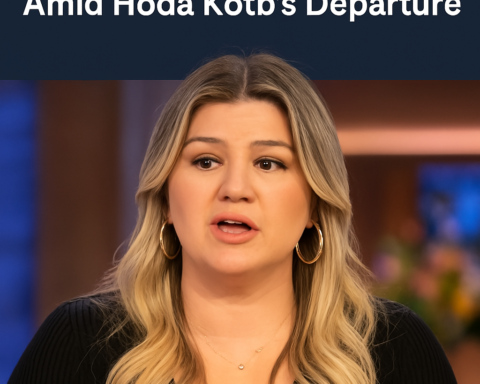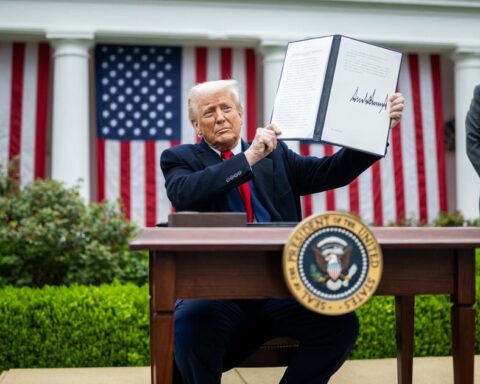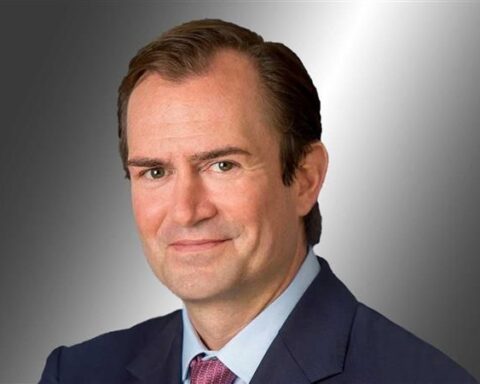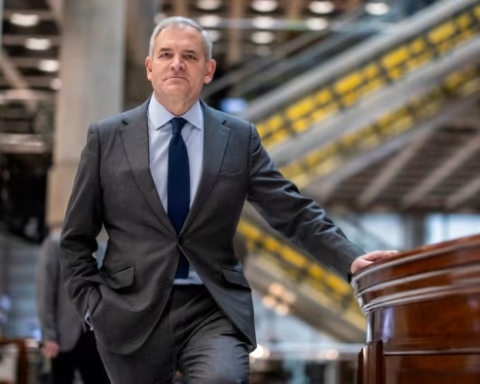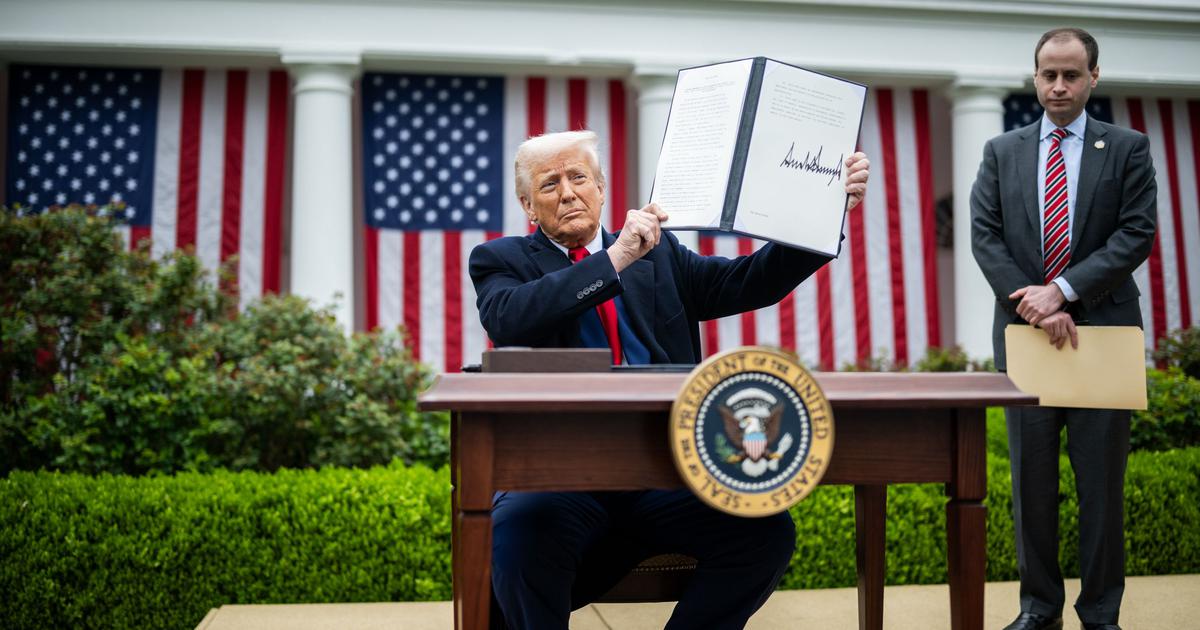Private Wealth and $1.5 Trillion Impact-Investing Market Hold Unprecedented Potential for Sustainable Progress
The World Economic Forum (WEF) Annual Meeting 2025, held from January 20–24 in Davos, Switzerland, has become a global stage for pivotal discussions on sustainability, resilience, and innovation. Under the theme “Inspiring Action. Driving Impact,” this year’s gathering brought together global leaders from government, business, and philanthropy to explore the future of development, particularly in fragile and frontier markets.
One of the standout sessions, “New Development Actors for the 21st Century,” delved into the critical role of the private sector in reshaping traditional aid models to address systemic challenges in vulnerable economies. Moderated by Mirek Dušek, Managing Director at the World Economic Forum, the panel featured prominent voices, including Badr Jafar, Special Envoy for Business and Philanthropy, UAE, and CEO of Crescent Enterprises; Hassan Sheikh Mohamud, President of Somalia; Ernesto Torres Cantu, Head of International at Citi; and Anna Bjerde, Managing Director of the World Bank.
Private Sector as a Catalyst for Resilience
During the discussion, Badr Jafar highlighted the transformative power of frontier markets in driving global growth and resilience. “Frontier markets represent one of the greatest opportunities of our time to create systemic and sustainable global progress,” Jafar stated. “Home to 85% of the world’s population, they are poised to host 80% of the global middle class by 2030. Yet traditional aid models continue to fall short of addressing the scale of challenges we face. The private sector must go beyond conventional philanthropy and adopt a strategic investment approach, one that fosters resilience, empowers communities, and delivers measurable, long-term prosperity.”
Jafar pointed to the vast potential of the global impact-investing market, which now exceeds $1.5 trillion, alongside the untapped opportunities within $450 trillion of global private wealth. He urged the development of frameworks to align these resources with measurable development goals. “The resources required to drive transformative change are available. What is needed now is a framework that unlocks the innovation and entrepreneurship inherent in frontier markets,” Jafar added.
Impact Investing: A New Era for Global Development
The session underscored the critical need for innovative, market-driven approaches to address challenges in fragile and frontier economies. Leaders emphasized how the private sector can foster collaboration across industries, empowering local actors and driving inclusive development. As global humanitarian needs continue to surpass traditional funding models, a collective call for action is growing louder—to ensure that frontier economies emerge not merely as beneficiaries, but as architects of their own resilience and growth.
The discussion was part of the World Economic Forum’s Humanitarian and Resilience Investing (HRI) Initiative, launched in 2019 to unlock impact investing in frontier markets. The initiative, which unites over 100 partners across sectors, focuses on increasing the resilience of at-risk and crisis-hit communities. High-level dialogues, such as those co-chaired by former U.S. Secretary of State Anthony Blinken and UK Foreign Secretary David Lammy during the UN General Assembly, have further propelled these efforts, bridging private capital with sustainable development goals in fragile economies.
A Roadmap for a Resilient Future
By prioritizing collaboration across sectors and empowering local stakeholders, the private sector has the potential to play a transformative role in achieving sustainable and inclusive global development. “With impact investing driving change, fragile economies can unlock their vast potential and become central players in global resilience and growth,” panelists agreed.
As the World Economic Forum 2025 continues to facilitate transformative dialogue, it reaffirms its role as a catalyst for global action. The partnerships forged and initiatives launched in Davos are setting the stage for a future where frontier markets thrive—not just as participants in, but as leaders of, sustainable global progress.



